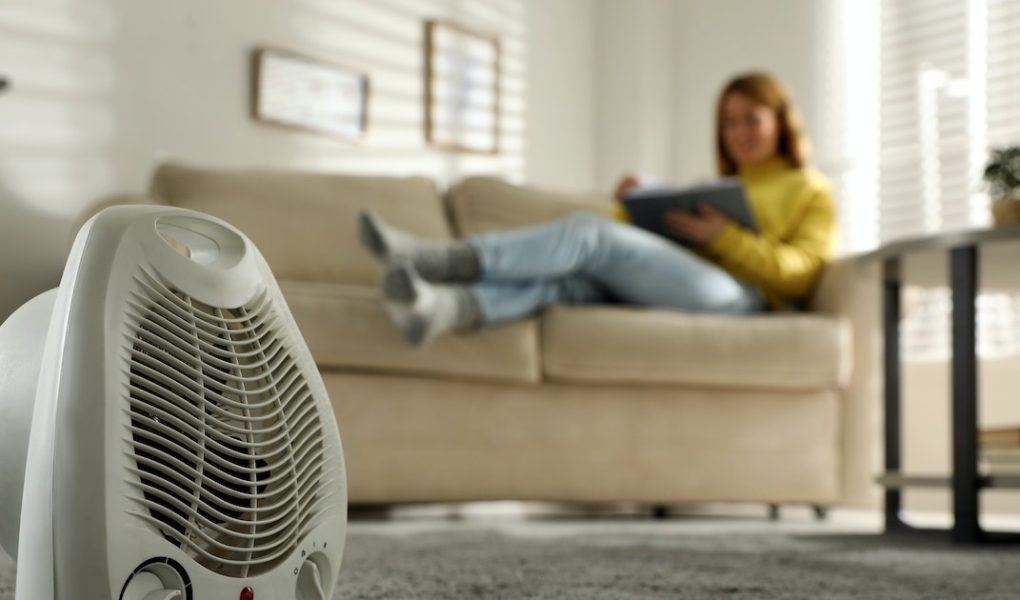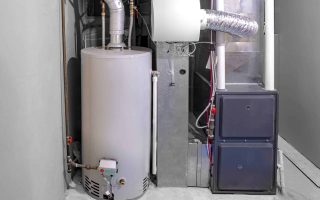Electric space heaters are a welcome source of warmth on chilly days, but it’s perfectly normal to wonder if they can have any drawbacks. The truth is that under certain circumstances, they can potentially affect your health. The good news is that with proper use and care, those risks are easily mitigated. Here’s a breakdown of how space heaters can impact your health, and more importantly, how to use them safely and comfortably all winter long.
How Space Heaters Can Affect Your Health
While space heaters are great at keeping you warm, they can also introduce some unintended consequences, especially if not used properly. Let’s explore some of the potential health effects and how to avoid them.
Dry air:
Space heaters can significantly reduce room humidity, especially in smaller spaces. This dry air can dry out your skin, making it feel itchy and uncomfortable. It can also irritate the delicate mucous membranes in your eyes, nose, and throat, leading to dryness, congestion, and even coughs. People with existing respiratory problems like asthma or allergies may find their symptoms worsen in dry conditions.
Dust and allergens:
Dirty space heaters can act like little bellows, blowing dust and other allergens that have settled on their surfaces around the room. This can trigger allergy and asthma symptoms in people who are sensitive. Regular cleaning is essential to minimize this risk.
Fire hazards:
Improperly used space heaters are a leading cause of household fires. Space heaters should always be placed on a stable, level surface away from flammable materials like curtains, furniture, bedding, and even holiday decorations. They should never be left unattended or used while sleeping. Leaving clothes or other objects too close to the heater can also be a fire hazard. If a space heater tips over or malfunctions, it can overheat and ignite nearby objects. Inhaling smoke from a fire is extremely dangerous and can lead to serious health problems.
Staying Safe and Healthy While Using Your Space Heater
While space heaters provide warmth, they can also dry out the air. Let’s explore some simple strategies to create a healthy balance and ensure you’re getting the most out of your heater while minimizing potential drawbacks.
Prioritize ventilation:
Even on cold days, crack a window for a short period to allow fresh air to circulate. This will help reduce humidity levels and introduce fresh oxygen, making the air feel more comfortable and mitigating respiratory irritation. If you live in a very cold climate or find opening windows impractical, consider a humidifier. Humidifiers add moisture to the air, which can help prevent dry skin, itchy eyes, and throat irritation. Look for a cool mist humidifier that is appropriate for the size of your room.
Cleanliness is key:
Dust builds up quickly! Regularly clean your heater’s filter and exterior according to the manufacturer’s instructions. This will minimize dust dispersal and help your heater operate more efficiently.
Safety first:
Never leave a space heater unattended. Place it on a stable surface at least three feet away from anything flammable, such as curtains, furniture, bedding, or holiday decorations. Always turn it off before bed or leaving the house.
Choose wisely:
Look for models with built-in safety features like tip-over switches that automatically shut the heater off if it falls over and automatic shut-off mechanisms that activate if the heater overheats.
Additional Resources
The Bottom Line
Electric space heaters are a convenient way to stay warm, but they require responsible use. By following simple guidelines, you can maximize the warmth and minimize any potential health concerns. Stay cozy and safe!




